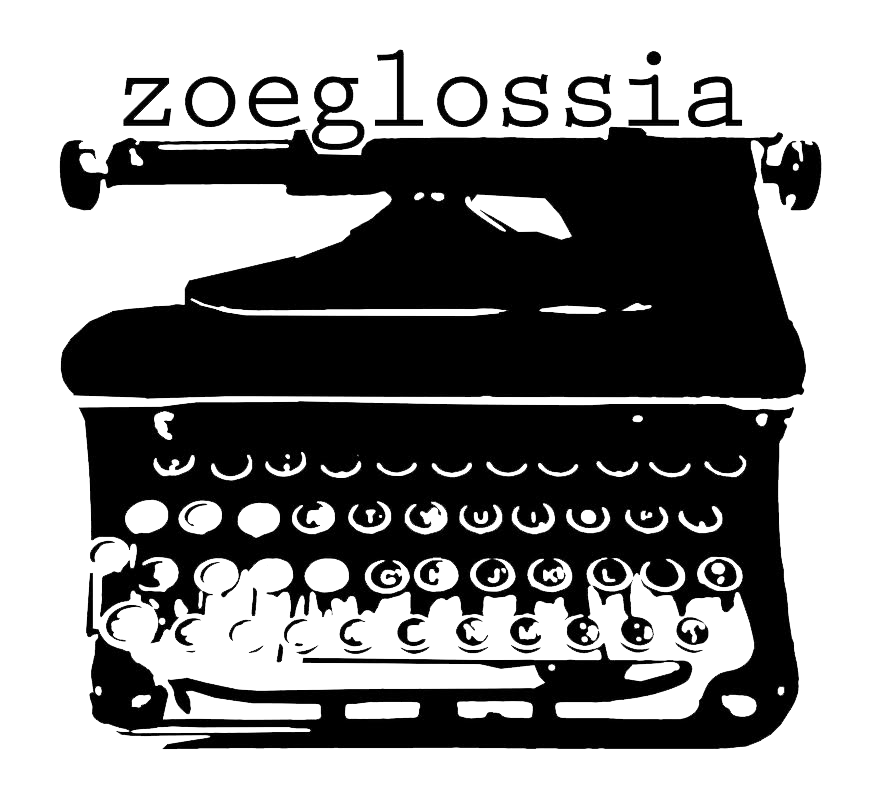Aug. 27, 2022
Audio
Shir, Milk, Lion
By Tala Khanmalek
View full text below.
Shir, Milk, Lion
By Tala Khanmalek
The first symptom was milk.
I was reading about codependency on my grandma’s twin bed. I was thinking about mothers. I was listening to my mother fuss her mother in our mother tongue. I called to them. Hurry! Look! Shir! Shir as in milk, not lion. A seepage of milk—which maybe is feline. Maybe milk is the slow escape of a lion from my body.
My other grandma was a shir zan, a lion woman, meaning a member of the Lions Club. She once told me a story about the shir zan volunteering at an orphanage. I bottle fed babies without mothers. All those children without mothers. The worst tragedy.
I didn’t know how to say child marriage. I didn’t want to say “very young” instead of child. Tell me the story of how you met my grandfather. My mother sent me to buy bread. He saw me buying bread. Tell me the story of how this tragedy begins and carries on. Tell me the story of how one word can mean two things and the definition of shir when it seeps.
My mother and grandmother were confused. Shir from person of mine came out. They had no words for my unpregnant body except petroleum and water. Or what I would call an assertion, fluid and continuous and outside of language. The soundless talking that happens only inside flesh.
There is a private conversation between the father and future husband who will master the law of the father. Shir is talk that not everyone can hear. What the child doesn’t say over the phone when she finally reaches her mother, a refugee on the move from Turkey to Thailand. Shir is not just for babies. It’s also evidence of a disease. The first symptom. Lion’s spittle. Incendiary.
Three generations in my grandma’s room. Who is the mother here? Shir is how this question addresses itself. What my great grandma made but couldn’t feed her child, stolen from her by the father’s law. Shir is a response to what my great grandfather, a military general, could undo with a pen: his wife’s name, his child’s mother, the course of an occupation.
Madar, how can you say that I don’t love you? That’s ridiculous. Wait until you’re a mother, then you’ll understand. Everything I did was for you. My silence. My speech. Staying. Leaving you behind. I always did what I thought was best for you. Can’t you see that? There are so many things you don’t know. If you knew what I was dealing with, you wouldn’t blame me for everything.
I knew the milk was a message, that I was sick. I knew too that my body was allowing something to flow out from where it had been confined. An expression of remembrance, unfathomable and at the edge of every language I spoke. The intergenerational pain of mother-loss. The knowing, deeper than the pain, that we must live.
Zendegi kon.
Zendegi kon.
Zendegi kon.
Tala Khanmalek (she/they) is a queer writer, activist, and educator of Muslim, Iranian, and Georgian descent. She was a 2020 Voices of Our Nations Arts (VONA) fellow, 2021 Anaphora Arts fellow, and 2022 Periplus Fellowship finalist. Her creative writing appears or is forthcoming in Meridian, Barzakh, Indiana Review, and more. All of her work is informed by archives, activist legacies, and family history.
Image description: A photo of writer Tala Khanmalek facing and looking directly into the camera with a cream-colored wall in the background. She is wearing a mustard-colored sweater, rosey lipstick, and eyeglasses. Long dark brown curls frame her face and cascade on the right, covering most of her arm and front body.

